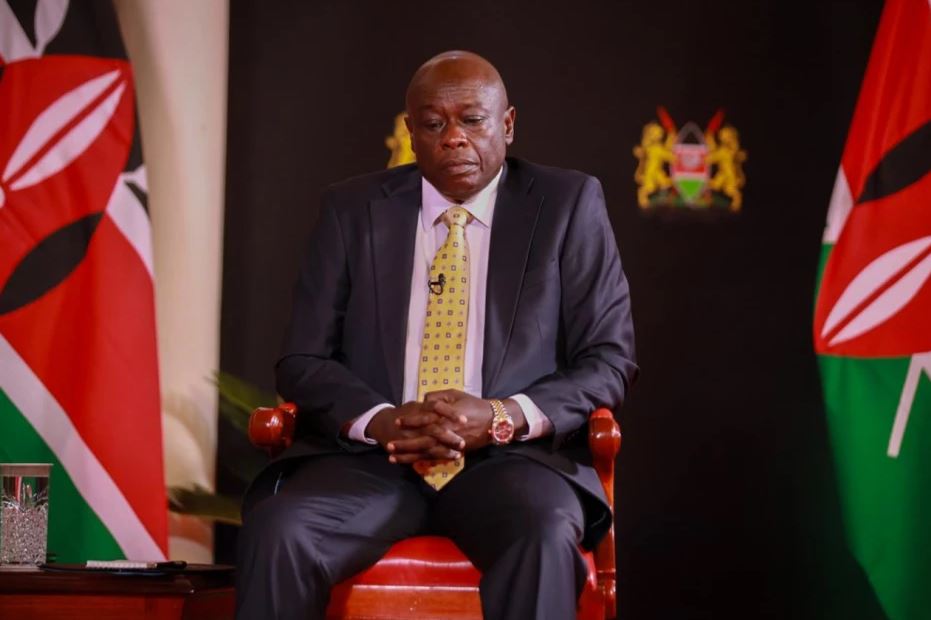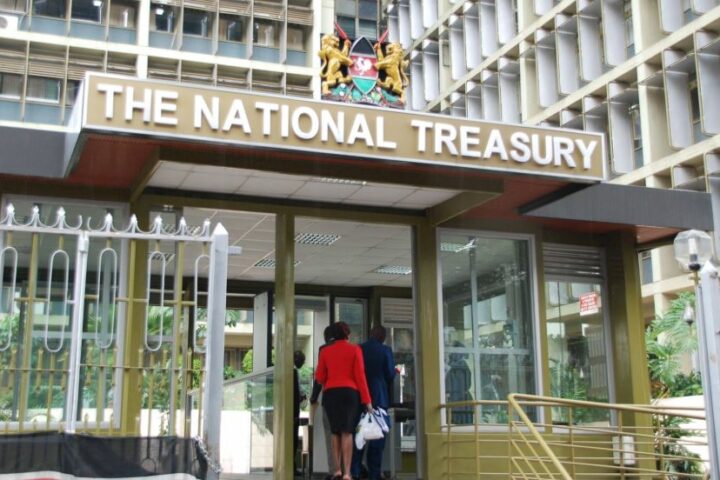 Deputy President Rigathi Gachagua has made history as the first deputy president in Kenya to be impeached. The National Assembly voted to impeach him on Tuesday night, following a motion brought forth by Kibwezi West MP Mwengi Mutuse, which outlined 11 charges against Gachagua.
Deputy President Rigathi Gachagua has made history as the first deputy president in Kenya to be impeached. The National Assembly voted to impeach him on Tuesday night, following a motion brought forth by Kibwezi West MP Mwengi Mutuse, which outlined 11 charges against Gachagua.
These charges included gross violation of the constitution, undermining the President, promoting ethnicity, irregular acquisition of wealth, and insubordination, among others.
A total of 281 Members of Parliament supported the impeachment motion, surpassing the required threshold of 233 MPs. Only 44 MPs voted against the motion, and one MP abstained from voting. Speaker Moses Wetang’ula confirmed that the necessary two-thirds majority had been reached, which means the motion has officially passed.
Gachagua had earlier been given an opportunity to defend himself against the accusations. In his address, he expressed faith in the lawmakers, urging them to reflect carefully and make the right decision. Despite his defense, the National Assembly voted overwhelmingly in favor of his removal.
The motion will now be transmitted to the Senate for further consideration. According to the law, Speaker Wetang’ula is required to inform the Speaker of the Senate of the resolution within two days.
The Senate will then convene within seven days to consider the charges. They may choose to appoint an 11-member committee to investigate the matter, which would report back within 10 days.
During the Senate investigation, Gachagua will have the opportunity to appear in person or be represented.
The mover of the motion and other members from the National Assembly may also be summoned to provide evidence. If the allegations are not substantiated, Gachagua will retain his position as Deputy President.
However, if they are substantiated, the Senate will vote on each impeachment charge.
Should at least two-thirds of the Senate members vote in favor of any of the charges, Gachagua will be removed from office, effectively ending his tenure as Deputy President.
Such a decision would also mean that Gachagua would be barred from holding any future public office under the Ethics and Integrity Act, unless a court of law overturns the decision. The Speaker of the Senate will then notify the National Assembly of the outcome.
The National Assembly will resume its regular business as scheduled by the House Business Committee. Meanwhile, Gachagua’s impeachment now awaits the critical next stage in the Senate.








